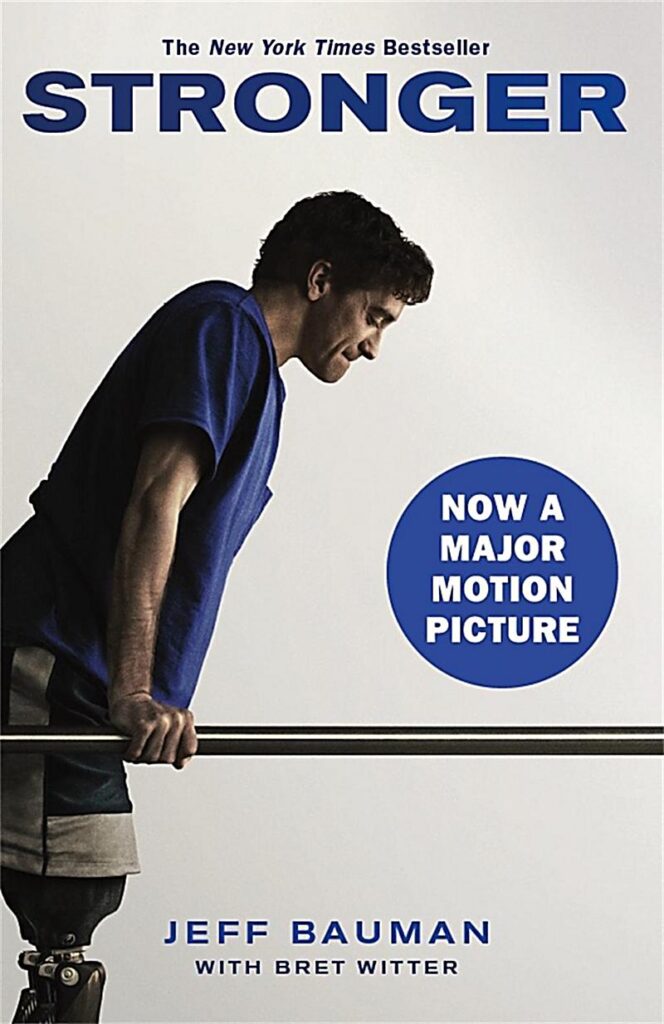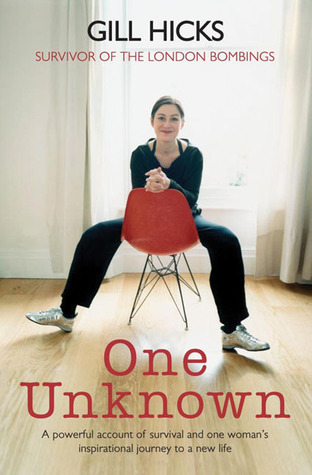
Modelling matters. The strongest inspiration comes from your peers. So it doesn’t matter what the doctors or physios or nurses say – the person facing a mountain of rehab will never be truly convinced by them. What he or she needs is inspiration. And that often comes from meeting someone who has already travelled the route they are going – and reached a destination. For Jeff Bauman, being a bilateral above knee amputee was bad. Only when he saw soldiers with leg amputations walking into his rehab gym did he really believe that he would walk. Only when he met fellow amputees and Costco employees – one of whom was back dirt-riding on a motorbike – did he believe that a happy life was possible after losing your legs.
Peers that inspire, people who have gone through what you are going through and emerged the other side, fellows that have survived, these emerge from the illness narratives as priceless during the hard work of rehabilitation. Helen Rollason was exceptional in deriving inspiration from all kinds of people, all inspiring in their own way, rather than solely from people with cancer like hers. She was able to relate to Christopher Reeve, who she interviewed, and children with disabilities that she met through her journalism.

But for others the similarities of experience are critical. The stories by people with paraplegia, whose lives have often been transformed in a traumatic moment, and who face a long hard slog to get some function, often tell of the other people with SCI who inspired them. Claire Lomas describes the lift she felt after meeting Matt Hampson, who was getting on with life and managing his charity rather than wallowing in his tetraplegic limitations. Guillain-Barré syndrome had left Holly Gerlach in a hospital ICU, vulnerable and in pain, when she was lifted by a visit from someone who had spent 4 months in exactly the same hospital ICU. He was evidently an inspiration to work harder, and visible evidence that this was not for ever. Gail Hicks tells of an inspiring letter from a fellow Australian, an MP who had like her lost both legs, which was important in her rehabilitation after the 7/7 tube bombings.
Professionals should not underestimate the value of such meetings – in person or by letter. Time and resources spent facilitating them is very well spent.
References:
Bauman, Jeff & Witter, Bret (2014) Stronger, London, Blink Publishing
Hicks, Gail (2007) One Unknown, London, Rodale International
Lomas, Claire (2014) Finding My Feet, Melton Mowbray, Claire Lomas Books
Rollason, Helen with Caunt, John (2000) Life’s Too Short, London, Hodder & Stoughton
